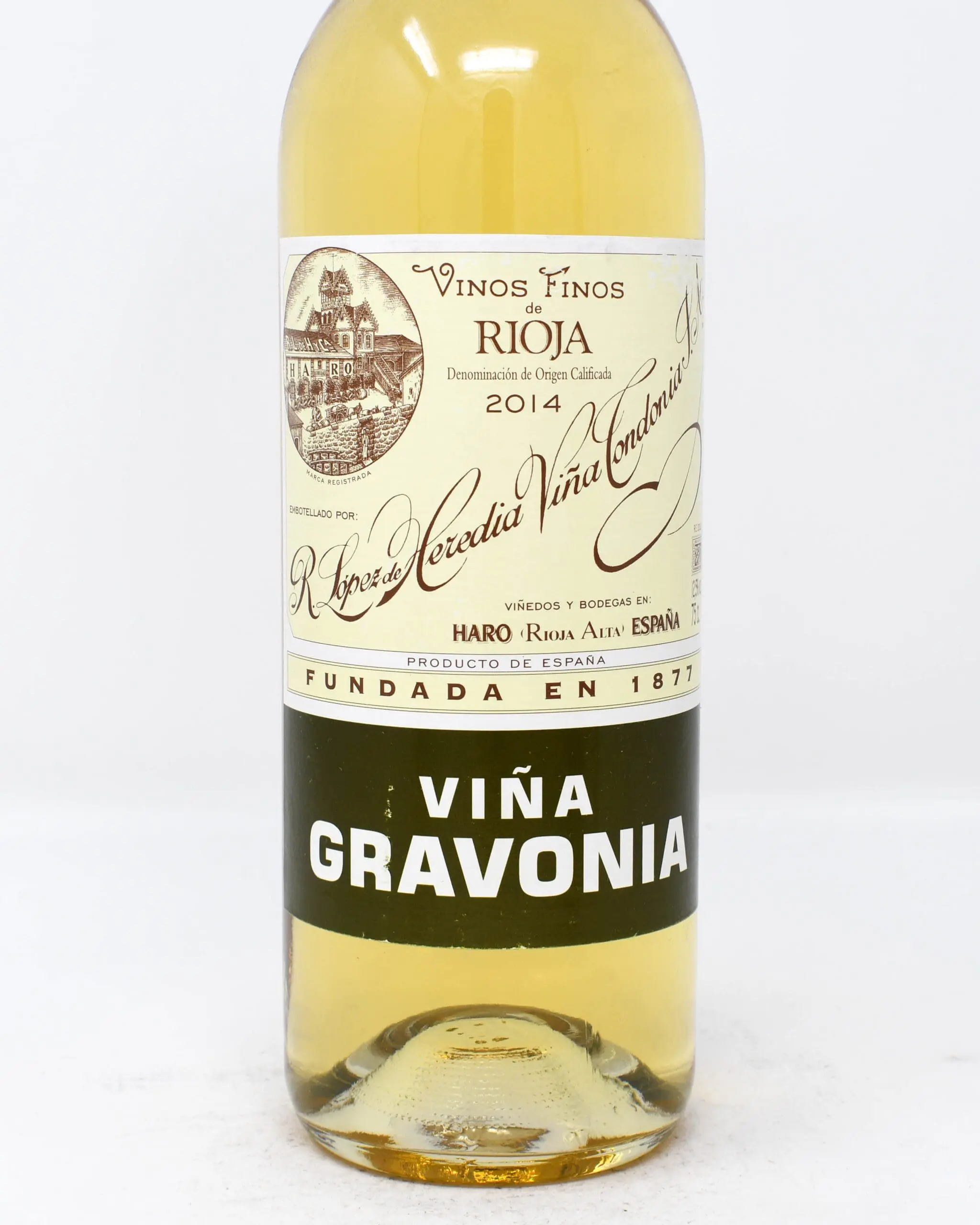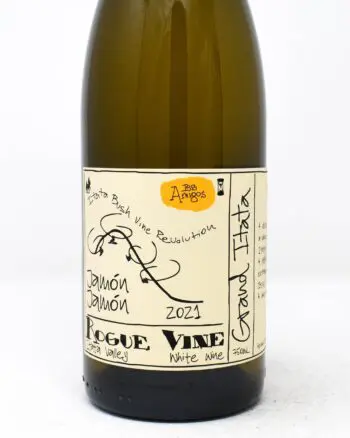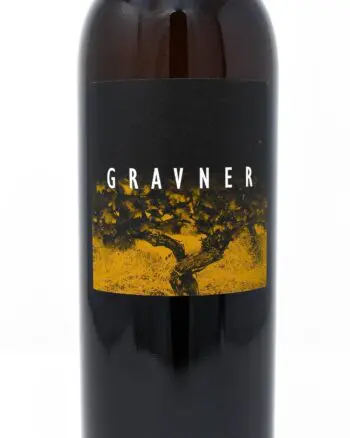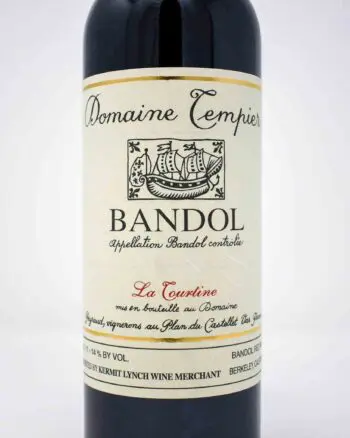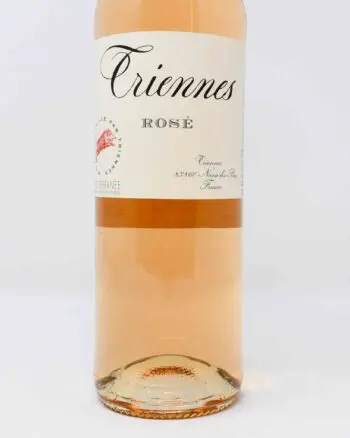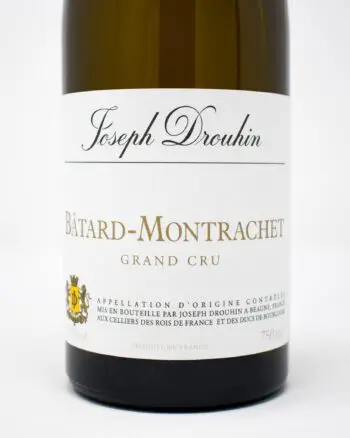López de Heredia, Viña Gravonia, Rioja Blanco, Spain 2014
$65.00
López de Heredia, Viña Gravonia, Rioja Blanco, Spain 2014
$65.00
Viña Gravonia wine comes from a vineyard called “Viña Zaconia”. The vineyard is 0.12 miles from the winery and close to the Ebro River. Its height is 1,116 feet above sea level. The soil is stony, the roots of the vines go deep, and ensure very balanced, ripe grapes. Viña Zaconia has a surface of 59 acres, all of them Viura grape.
Out of Stock
“The 2014 Viña Gravonia Blanco always smells of the cellar with some mushroomy aromas and flavors, and it’s very classical, with 12.5% alcohol, more vibrant than the 2015 I tasted next to it. To María José López de Heredia, Gravonia has to be very fresh with citrus freshness and some nuttiness but without the bitterness of the aged Tondonia, which they compare with the Carbonieux and such wines from Graves. These are ancient vines and the grapes are pristine. 25,000 bottles produced. It was bottled in November 2021. They bottled later because of COVID-19, and the extra time was spent mostly in oak vat but maybe some in barrel…”-95WA
There are few wineries in Spain, or in the world, whose name conjures the heritage and prestige evoked by R. López de Heredia. Little about this winery has changed in the 142 years since its founding by, Don Rafael López de Heredia. The family adheres to a winemaking doctrine blueprinted in the 1880s – to make wine only from their own vineyards.
When it comes to the winemaking process, the work in the vineyard has not changed since the 1880’s. R. López de Heredia is a “traditionalist” through and through and keeping the traditions alive today is important to maintain not only the quality but the personality of the house. Working by hand with some of the best terroir, respecting the soil, and working with nature on what it needs is something R. López de Heredia is very proud of.
Fermentation takes place in their 72 large oak vats, some of which are 142 years old. After fermentation, the wines are ready to be aged in 14,000 handmade American oak barrels. The wines will remain at R. López de Heredia’s underground cellars, stored at perfect temperature and tranquility for a minimum of 3 to 10 years. Wines acquire their smoothness and bouquet during the bottle aging that follows, a minimum of 3 years for Crianzas, and 10 years for Gran Reserva wines. Aging wines should be seen as a pedagogic act; the wine is “educated”, hence should never be rushed through sped-up improvisations which would destroy the biological process that give it its special character. Wines need to spend a minimum of three years in barrels to begin to manifest their “education” and their soul.
Additional information
| Type of Wine | |
|---|---|
| Sub-Region | |
| Score | |
| Price Range | |
| Other Attributes | |
| Grape Variety | |
| Country |
